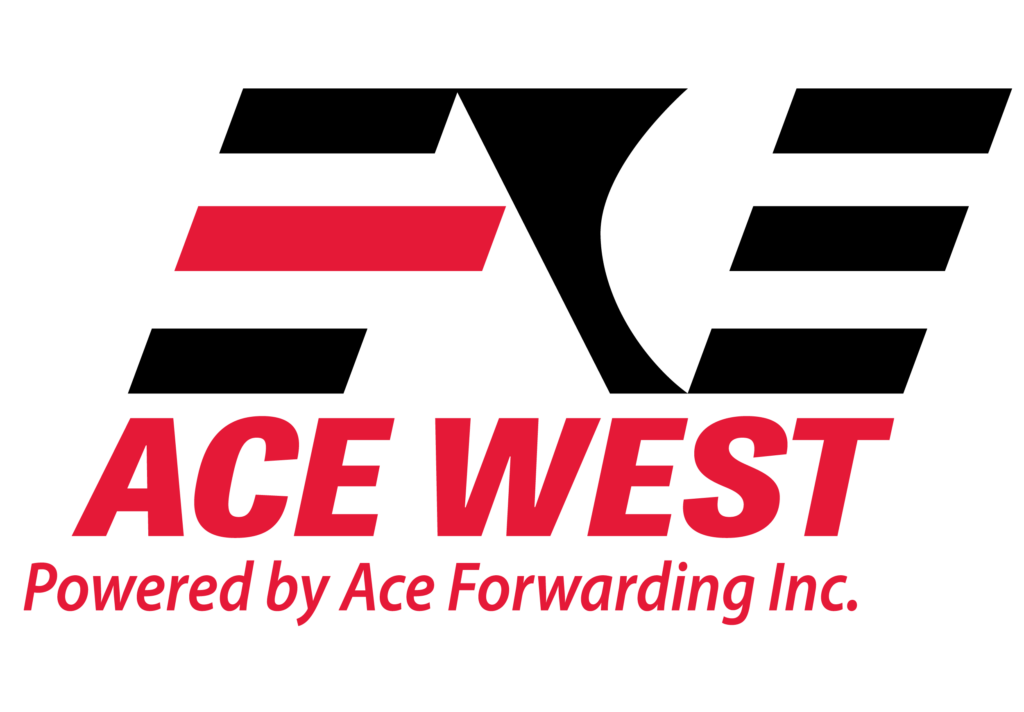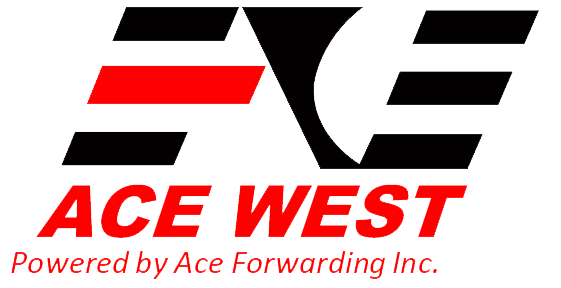Navigating the complexities of air freight shipping can be a daunting task for businesses and individuals alike. Understanding the nuances of customs, regulations, and necessary paperwork is crucial for ensuring a smooth and efficient transportation process. In this comprehensive guide, we’ll delve into the essential aspects of air freight shipping, providing you with the knowledge needed to manage your shipments effectively.
Understanding Air Freight Shipping
Air freight shipping is a critical component of global trade, offering fast and reliable transportation of goods across international borders. Whether you’re shipping electronics, perishables, or any other cargo, air freight provides a speedy solution. However, this speed comes with its own set of challenges, particularly when it comes to customs and regulations.
The Role of Customs in Air Freight
Customs authorities play a pivotal role in air freight shipping. They are responsible for regulating the import and export of goods, ensuring compliance with local and international laws. Each country has its unique set of customs rules, which can include import duties, taxes, and restrictions on certain types of goods.
Key Customs Documentation
To clear customs efficiently, several documents are typically required, including:
- Commercial Invoice: Provides information about the transaction between the buyer and seller.
- Air Waybill (AWB): The main transport document in air freight, acting as a receipt and a contract.
- Packing List: Details the contents, weight, and dimensions of your shipment.
- Certificate of Origin: Specifies the country where the goods were manufactured.
Navigating Regulatory Compliance
Regulatory compliance is another critical aspect of air freight shipping. Regulations vary depending on the nature of the cargo and the countries involved in the shipping process. It’s essential to be aware of:
- Safety Regulations: These include restrictions on hazardous materials and requirements for safe packaging and handling.
- Environmental Regulations: Aimed at reducing the environmental impact of air freight, such as emissions standards.
- Security Measures: Enhanced security regulations post-9/11 have led to stricter controls on air cargo.
Staying Informed
Staying informed about regulatory changes is vital. This can be achieved through:
- Regular Updates: Subscribe to industry newsletters and updates from regulatory bodies.
- Professional Advice: Consult with customs brokers or logistics experts who specialize in air freight.
The Importance of Accurate Paperwork
Accurate paperwork is the backbone of successful air freight shipping. Mistakes or incomplete documents can lead to delays, additional costs, or even legal issues. Here are some tips for ensuring your paperwork is in order:
- Double-Check Details: Ensure all documents are accurate and consistent.
- Understand Customs Requirements: Each country has specific documentation requirements. Familiarize yourself with these to avoid delays.
- Leverage Technology: Use of software solutions to streamline the paperwork process and reduce errors.
Best Practices for Efficient Air Freight Shipping
To make the most of air freight shipping, consider these best practices:
- Plan Ahead: Give yourself ample time to prepare and submit all necessary documentation.
- Work with Reputable Carriers: Choose carriers with a good track record in handling customs and regulations.
- Stay Flexible: Be prepared to adjust plans if regulations or customs procedures change.
Advanced Customs Handling Techniques
Dealing with customs can be streamlined with advanced techniques:
Pre-Clearance Strategies
- Advance Filing: Some countries allow or require the advance filing of customs documentation. Utilizing this option can significantly speed up the clearance process upon arrival.
- Authorized Economic Operator (AEO) Status: Companies with AEO status are considered secure and trustworthy, often leading to expedited customs clearance.
Mitigating Risk of Delays
- Compliance Audits: Regular audits of your shipping processes and documents can help identify potential compliance issues before they cause delays.
- Contingency Planning: Have a plan in place for dealing with customs holds or inspections to minimize disruptions.
Navigating Complex Regulations
Understanding global regulatory environments is key:
International Trade Agreements
- Leveraging FTAs: Familiarize yourself with Free Trade Agreements (FTAs) that your country has with others. These agreements can offer reduced tariffs and streamlined customs procedures.
- Export Control Laws: Be aware of export control laws, particularly if shipping dual-use goods or technologies with potential military applications.
Staying Ahead of Changing Regulations
- Global Awareness: Keep abreast of international trade tensions and regulatory changes that could impact air freight shipping.
- Engage with Trade Associations: Participate in industry associations to stay informed and advocate for favorable shipping regulations.
Optimizing Paperwork and Documentation
Enhance your documentation process for greater efficiency:
Digital Solutions
- Electronic Data Interchange (EDI): Utilize EDI systems for faster and more accurate document handling.
- Blockchain for Transparency: Some companies are exploring blockchain technology to create transparent and tamper-proof records for shipping documentation.
Specialized Documentation for Specific Cargo
- Dangerous Goods Declaration: If shipping hazardous materials, ensure a Dangerous Goods Declaration is accurately completed.
- Special Permits and Licenses: Understand and obtain any special permits or licenses required for specific types of goods, such as pharmaceuticals or wildlife products.
Building Strong Relationships with Key Players
The importance of relationships in air freight cannot be overstated:
Collaborating with Customs Brokers and Freight Forwarders
- Choosing the Right Partners: Work with experienced customs brokers and freight forwarders who can navigate complex customs environments.
- Regular Communication: Maintain open lines of communication with your partners to handle any issues promptly.
Leveraging Carrier Networks
- Selecting Carriers with Strong Local Networks: Choose carriers that have strong relationships with local authorities and a deep understanding of specific regional regulations.
Conclusion
Mastering the intricacies of air freight shipping involves a deep understanding of customs, advanced regulatory compliance, optimized paperwork handling, and strong relationships with key partners. By implementing these advanced strategies, businesses can enhance the efficiency and reliability of their air freight shipping operations, ensuring that goods are transported swiftly and in compliance with all necessary regulations. Remember, the world of air freight is dynamic, and staying informed and adaptable is crucial for success in this fast-paced arena.

